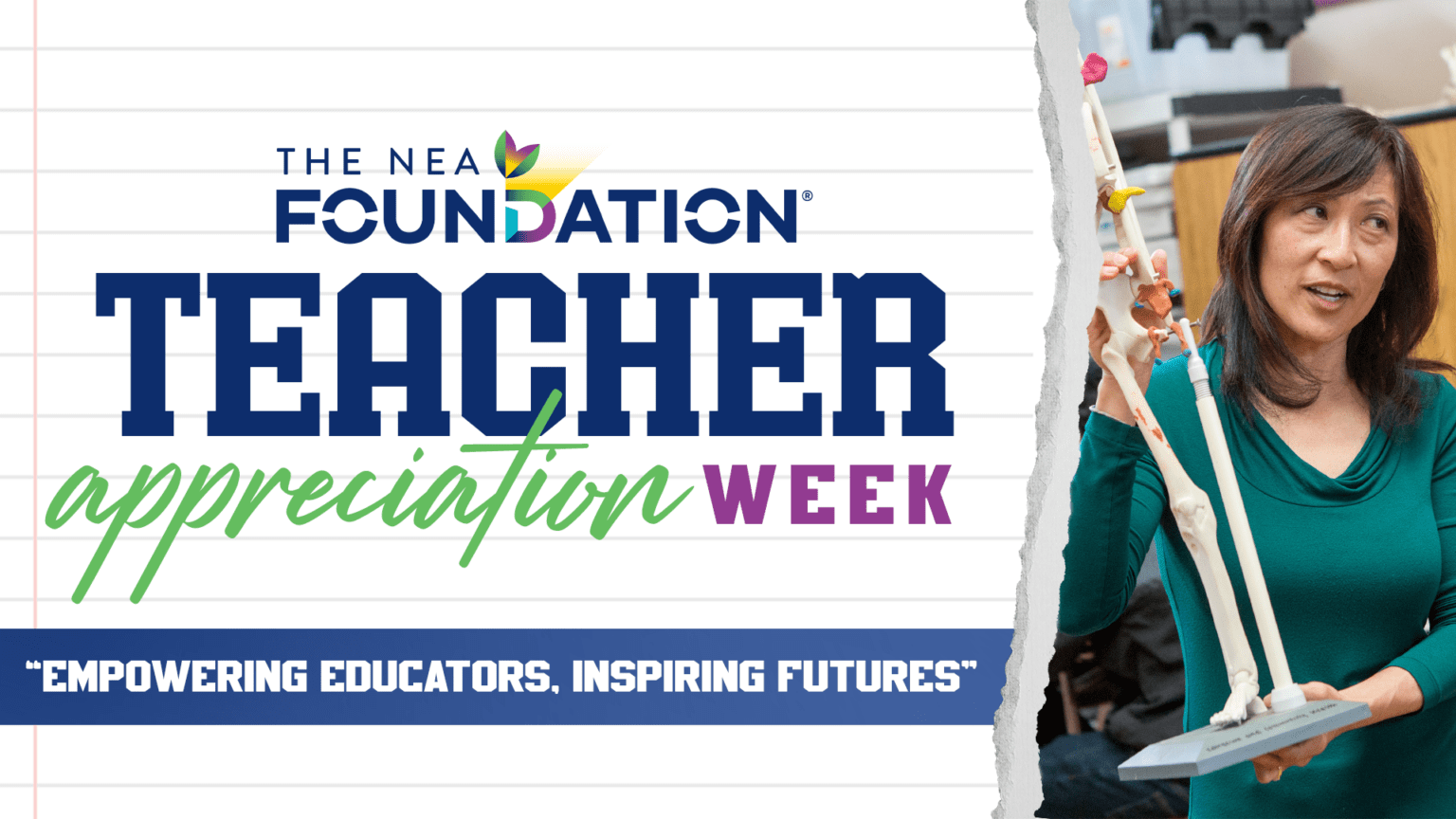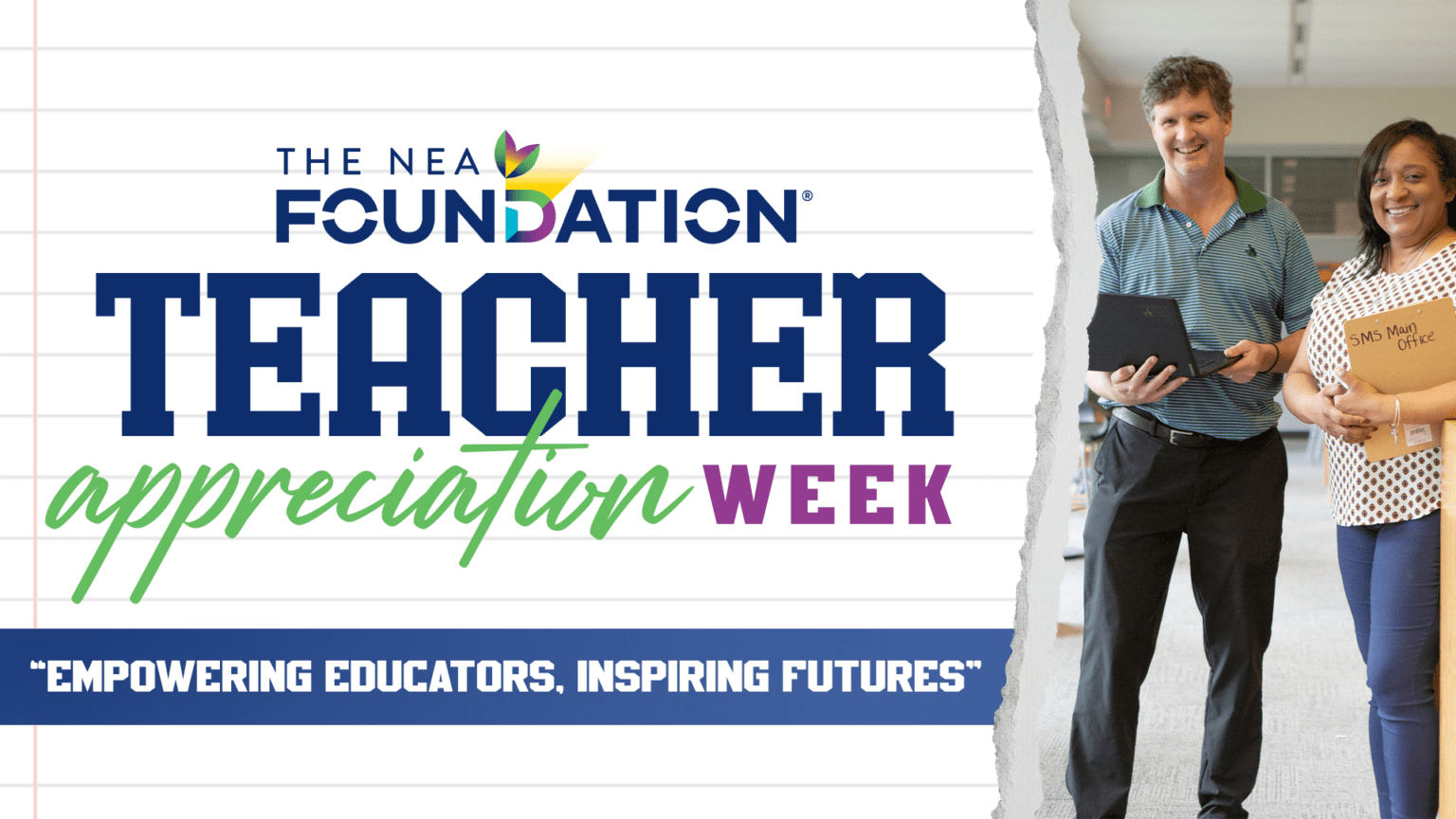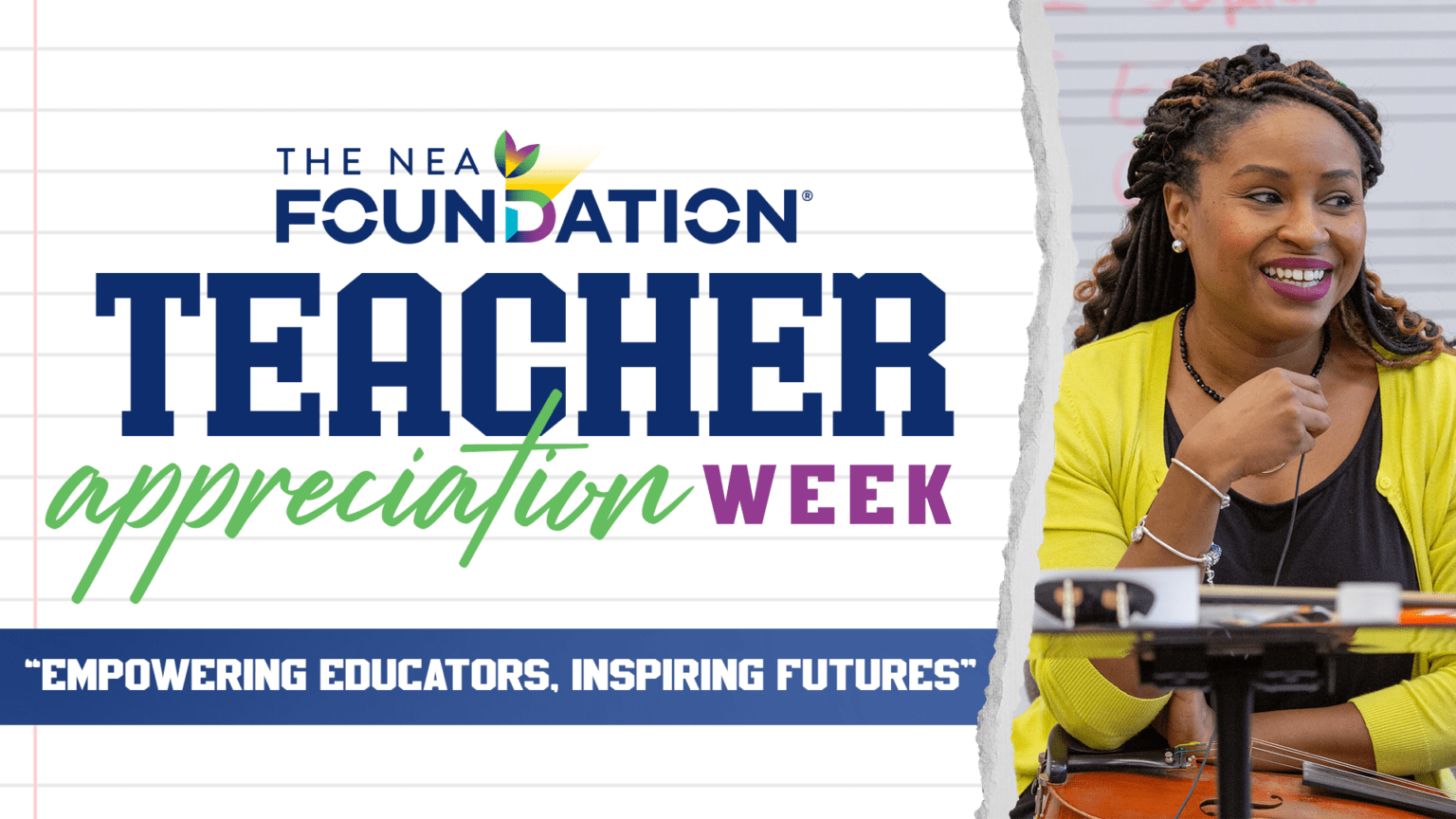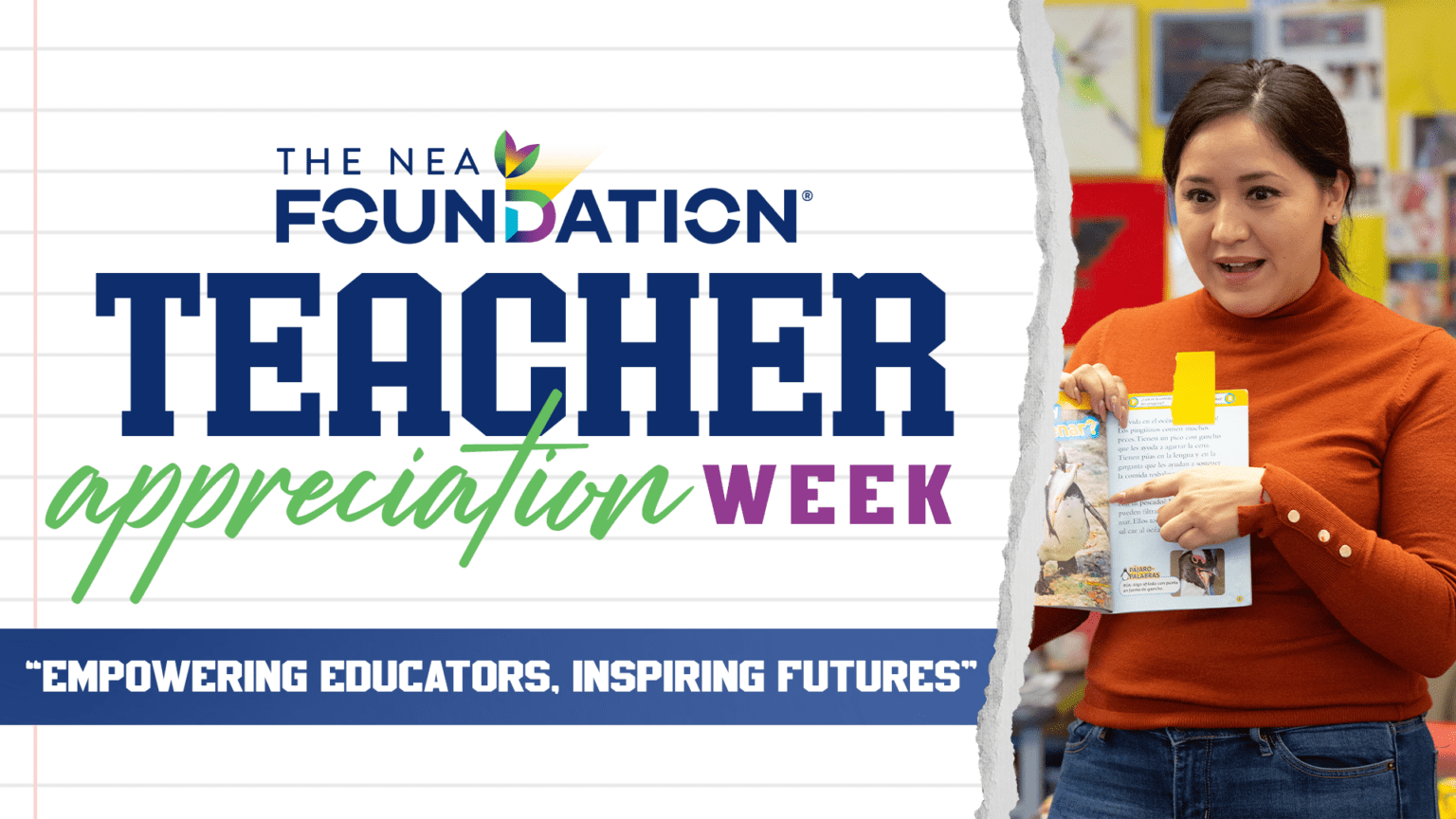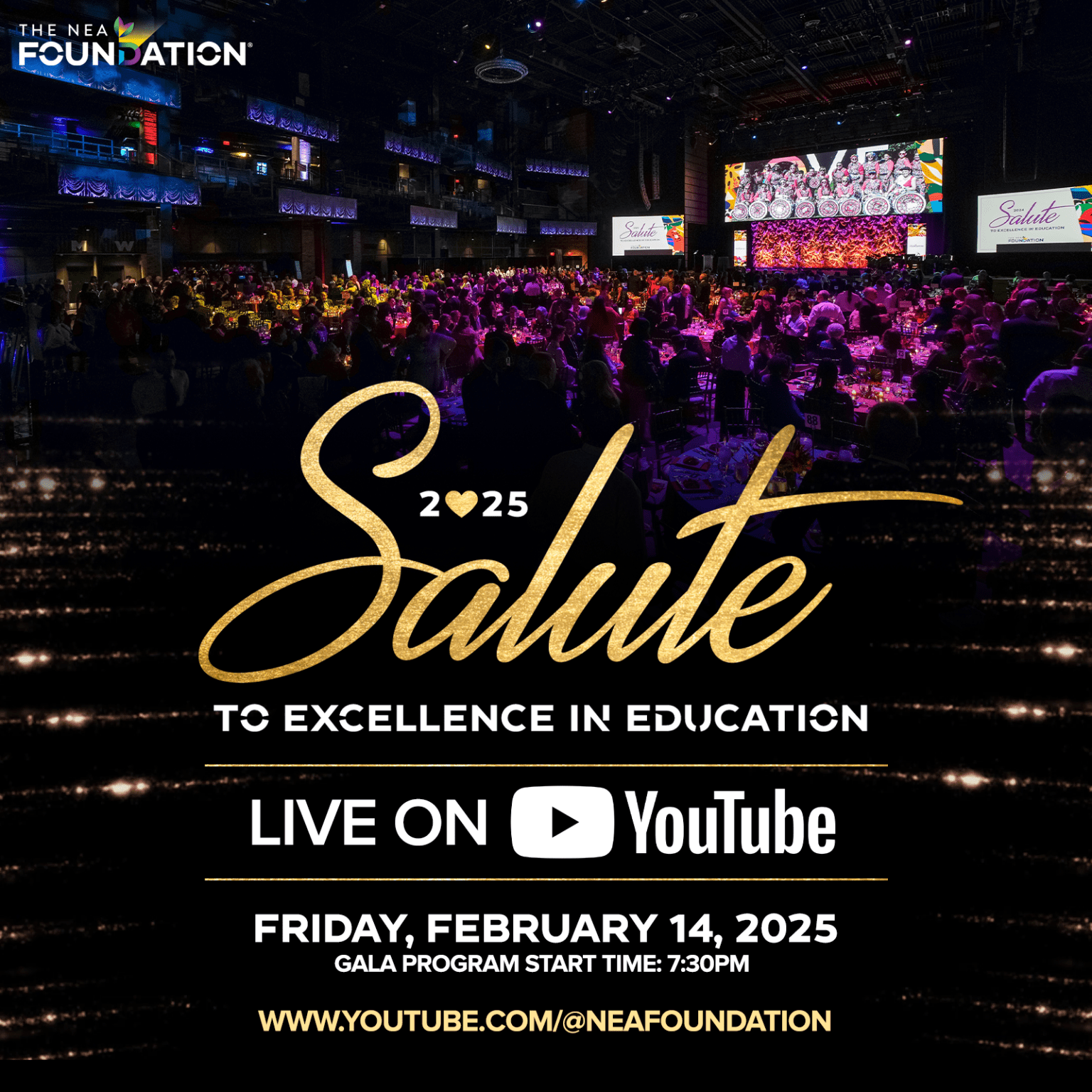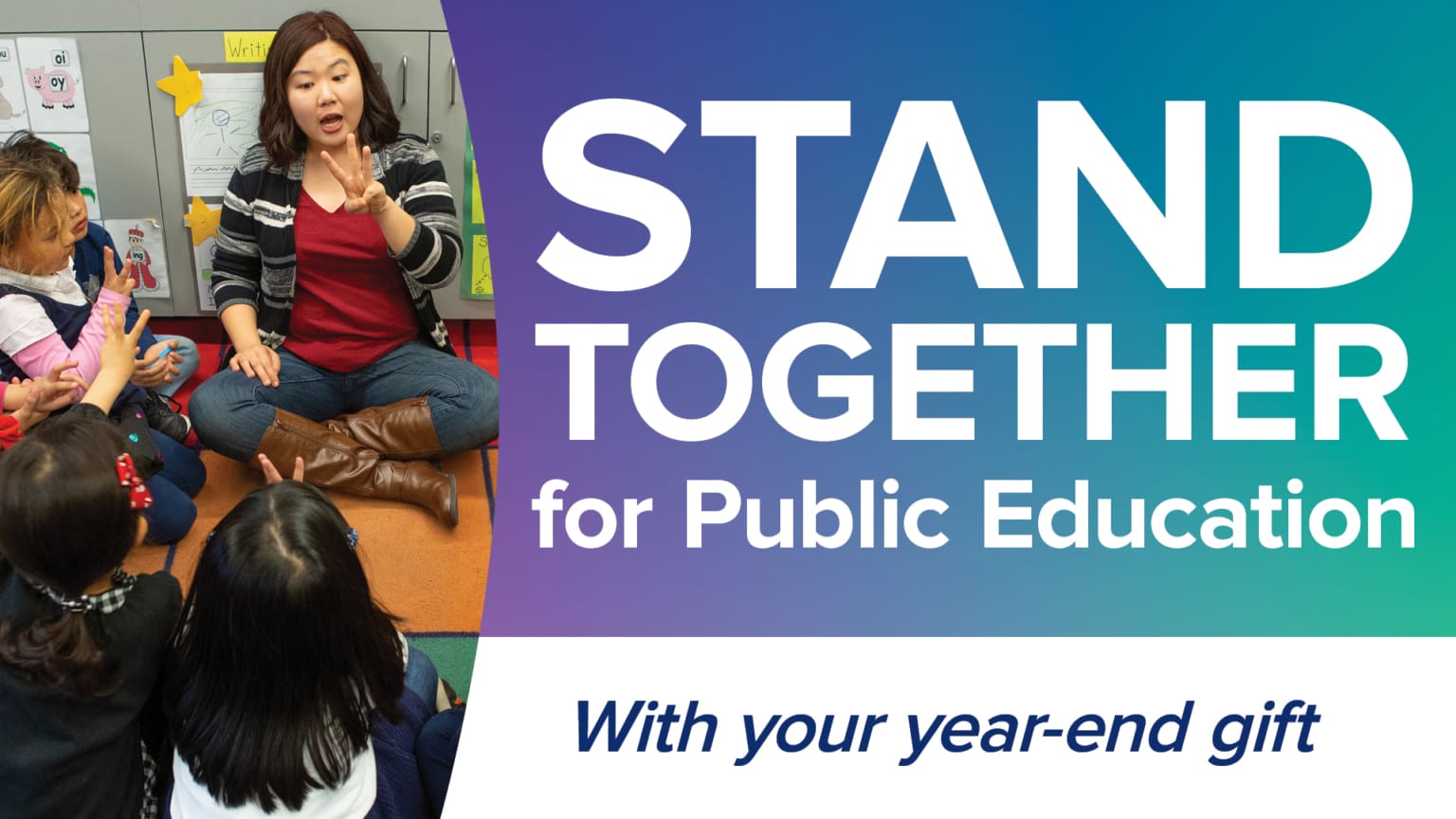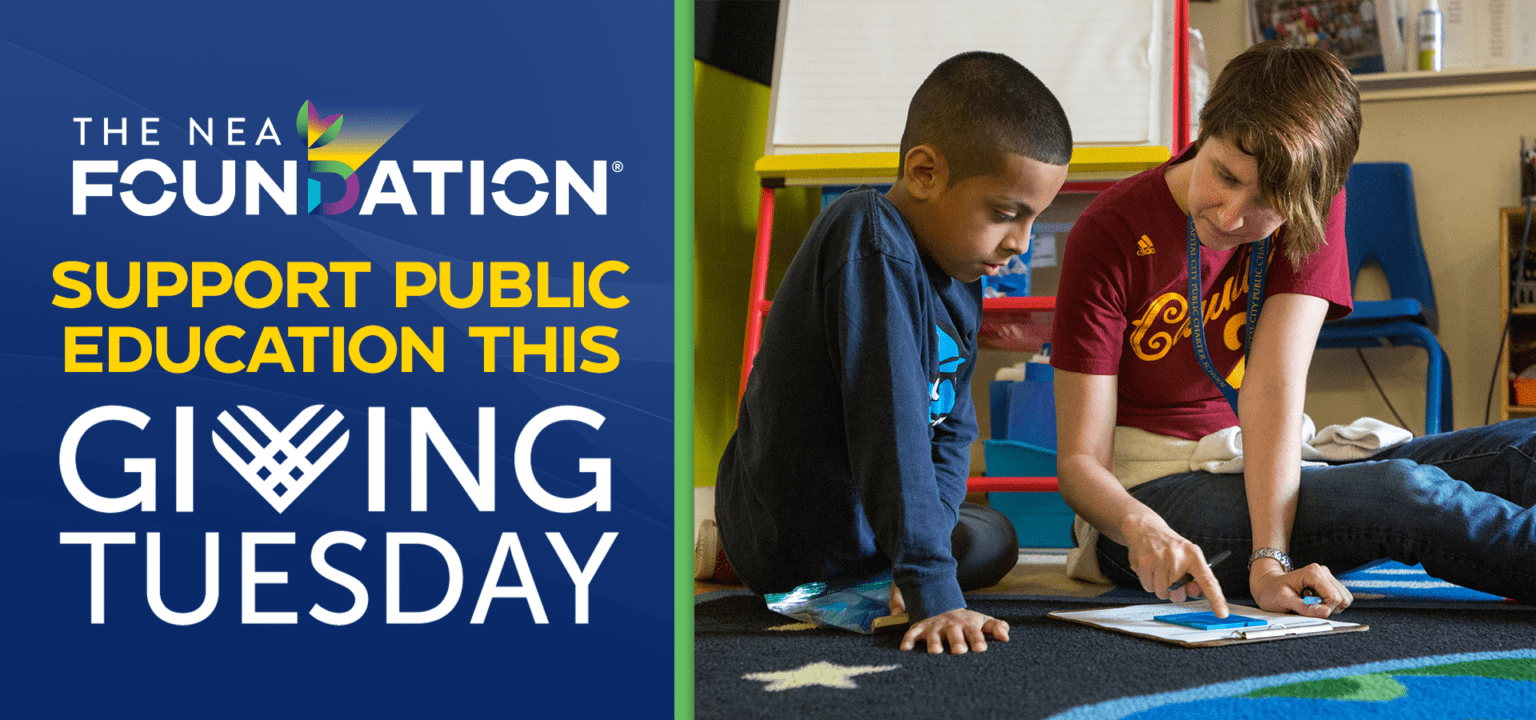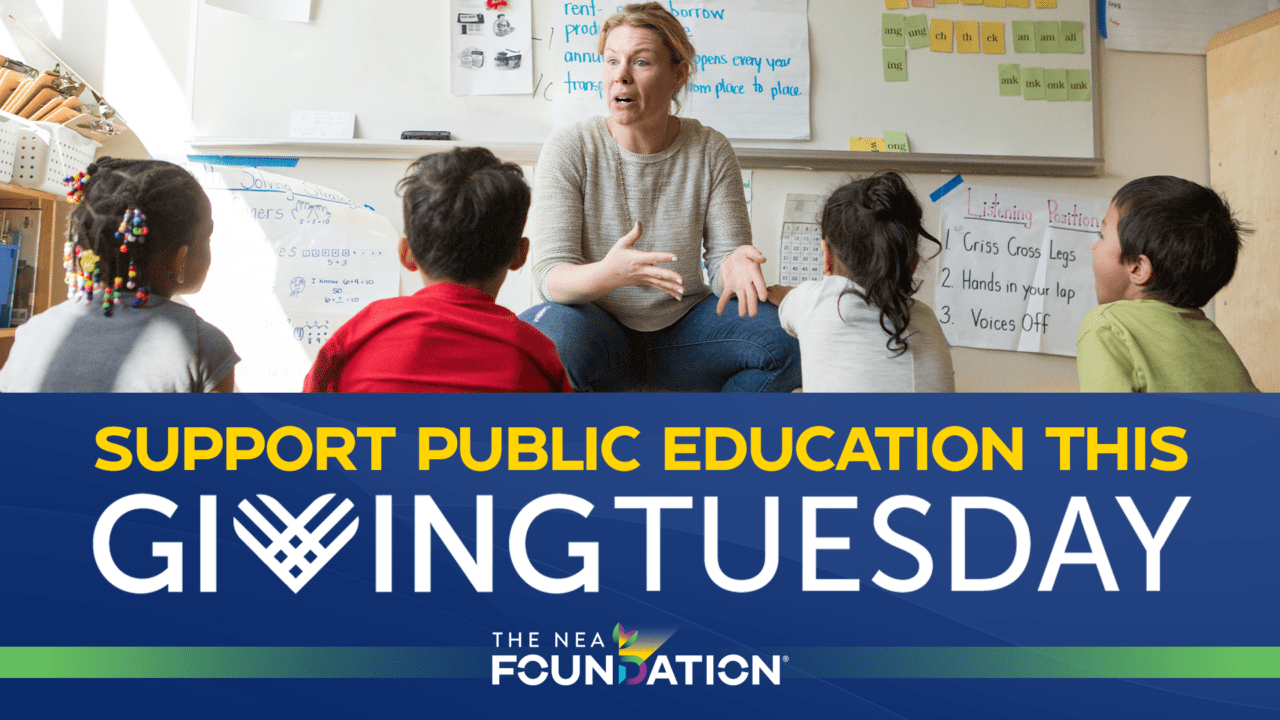Sarah Merchlewitz is a 2018 NEA Foundation Global Learning Fellow. If you’re interested in becoming an NEA Foundation Global Learning Fellow, the 2020 application is now open.
With 11 national languages in South Africa, it’s a lot to think of mastering even one. However, on the 2018 NEA Foundation Global Learning Fellowship field study, we were surrounded by mind-bogglingly multilingual people. Our guides would greet us every day in one language, discuss the bus routes with the driver in another, switch to English to give us important information, and sing traditional songs with us in yet another.
But if there is one phrase that encapsulates the Fellowship trip to South Africa, it is the Zulu phrase ubuntu, meaning “I am because we are.”
Connection. Humanity. A collective existence. Sharing so we can all benefit. Ubuntu has a deep and layered meaning. One thing that all these concepts share is that they’re what the Fellowship is all about.
Our diverse group of educators first connected back in October when we met face-to-face to kick off our year-long collaboration. I have never felt so at home in a professional community. Teachers have always been relatable for me, but I was constantly in awe of the passion and sharp intellect of the group. This is a group of educators that was so moved by our conviction that we applied to be a part of this paradigm-shifting work. In addition to our required tasks, we even had an ongoing voluntary connection through a Facebook Book Club, reading and gaining a view into real and imagined contemporary South African history – folks were so moved to improve the world starting with expanding their own understanding. The attitude was about thinking globally, acting locally, and inviting others along for the ride. We were mutually caring and preparing for our trip together. Ubuntu.
Even now, I can post a question to the group and get a whole host of ideas and responses. For example, I was so inspired by the Soweto Uprising of 1976, led by student protesters, that I am thinking about concluding the unit where we read Number the Stars in my middle school ELA class by having my students research other youth-led protest movements around the world. Within minutes of posing this question, other Fellows shared their favorite links, organizations, videos, and readings to consider (see the resource list below).
Here is that idea of connection again; I am connected to incredible, thoughtful professionals who are tapped in to other resources. If this project works, it will be because of the spirit of sharing of the Fellows, of the desire to teach to advancing humanity, of ubuntu.
I spent my last few days in South Africa on the Pilanesberg National Park as part of the optional safari extension. Most of the Fellows took advantage of this incredible opportunity. It was a great way to relax and bond even more deeply as we processed our experiences in South Africa’s urban centers.
While we were there, we had the luck to be treated to a special southern hemisphere “blood moon,” a total lunar eclipse where there was just enough reflected red light waves in the atmosphere for us to see the shape of the moon while it otherwise disappeared. Not to mention, Mars was out and at its brightest in 15 years. It was truly a magical sight.
At various points across the hotel property, Global Learning Fellows gathered blankets to lay on and scarves to cover the path lights, and we looked towards the night sky. Gazing up, we watched as the moon slowly became concealed, while the Milky Way continued to blaze bright as ever in the background.
This moment perhaps more than any other – looking up into the heavens and feeling like such a small speck in the large universe – paradoxically made me feel the most connected. First of all, here was a serendipitous shared experience that brought together education professionals from across the United States to rural South Africa at this exact moment in time.
More than that, however, I was humbled to think about the ancient philosophers and astronomers who also looked up at the night sky in wonder and were asked to make sense of the world. Those teachers of yore were tasked with enlightening others about the mysteries of air and space through their careful observations and explanations. My romantic imagination likes to think that royal astronomers were some of the first professional educators who inspired future explorations and discoveries. Some of those discoveries and hypotheses throughout the centuries were controversial and shook up the status quo by providing another perspective, which we remain in need of today.
So when I think back to the Global Learning Fellowship South Africa field study, I will think of the hope, resilience, creativity, and sense of self-worth found in all of the educational institutions we visited. I will think of what a relief it was to observe that there are more similarities than differences within our classrooms, even halfway around the world. I will think of the music, the colors, and the warmth shared by the people we interacted with. But I will also think of connection, of ubuntu, with my peers and life-long collaborators and also with teachers’ roles throughout history, our constant quest for improving humanity in an ever-changing world.
Sarah’s Resources
Below is a list of resources regarding youth-led protest movements that were recommended by the Global Learning Fellows.
- “Mighty Times – The Children’s March” film kit by Teaching Tolerance. This 40-minute video has nine accompanying activities to extend the viewing and discussing of the film and the issues it contains – perfect for previewing, viewing, and post-viewing, each on one class period!
- Turning 15 on the Road to Freedom: My Story of the 1965 Selma Voting Rights March. This could be a great read-aloud or supplemental reading book of choice.
- Social Justice Book List by NNSTOY. This is an indispensable resource with books for all ages and content areas and a description of the issues each one touches upon.
- Communities for Just Schools Fund – Partner Resources. There are a lot of PDFs and links here to other initiatives involving youth, such as ending zero tolerance discipline policies. I might involve my students in this way in the conversation around school safety and restorative justice initiatives.
- Apple Stores fieldtrips page. Yes, Apple field trips! I’d love to turn whatever research my students end up doing into a Keynote or other visual presentation with the help of the Creative Team (aka people who are better at technology than I am) at an Apple Store.

